Can Canon Lenses Be Used On Sony Cameras ?
Yes, Canon lenses can be used on Sony cameras with the help of a lens adapter.
1、 Compatibility of Canon lenses with Sony cameras
Yes, Canon lenses can be used on Sony cameras with the help of lens adapters. Sony cameras use the E-mount system, while Canon lenses use the EF or EF-S mount system. Since these mounts are different, a lens adapter is required to bridge the gap between the camera and the lens.
Lens adapters are readily available in the market and allow Canon lenses to be mounted onto Sony cameras. These adapters come in various types, such as basic mechanical adapters, electronic adapters, and speed boosters. Basic mechanical adapters simply provide a physical connection between the lens and the camera, allowing manual focus and aperture control. Electronic adapters, on the other hand, enable autofocus and aperture control through electronic communication between the lens and the camera. Speed boosters not only provide electronic communication but also reduce the focal length of the lens, effectively increasing its maximum aperture.
It is important to note that while using Canon lenses on Sony cameras with adapters is possible, there may be some limitations. Autofocus performance may not be as fast or accurate as when using native lenses, and certain lens features may not be fully compatible. Additionally, some third-party lenses may not work well with certain adapters. Therefore, it is recommended to do thorough research and read user reviews before purchasing a lens adapter.
In recent years, Sony has made significant advancements in their own lens lineup, offering a wide range of high-quality lenses for their cameras. These native lenses often provide better autofocus performance and full compatibility with Sony camera features. However, using Canon lenses on Sony cameras with adapters can still be a viable option, especially for photographers who already own a collection of Canon lenses and want to switch to Sony without having to invest in a new set of lenses.
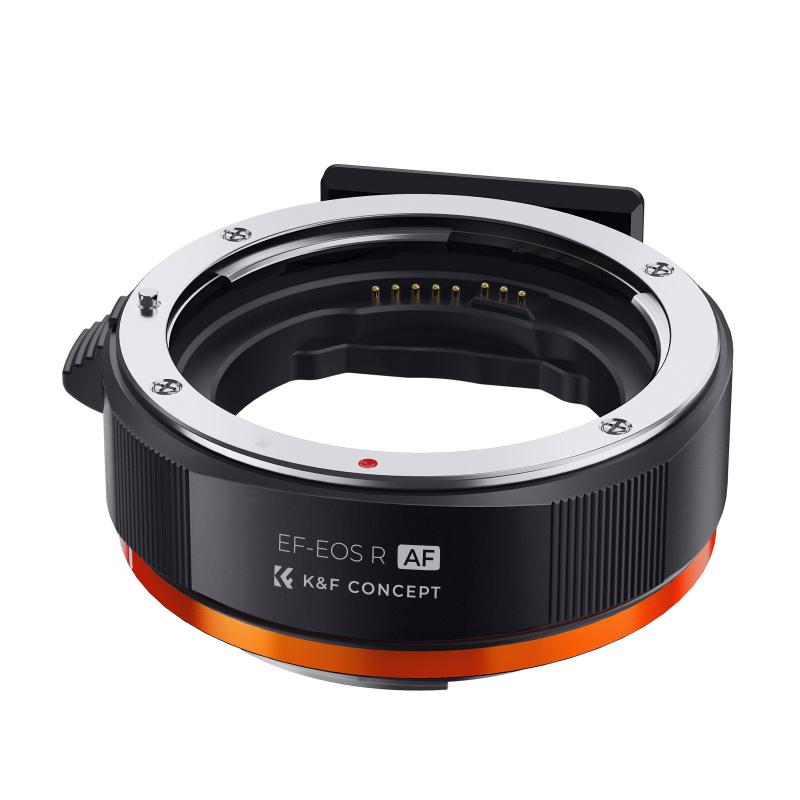
2、 Use of Canon EF lenses on Sony E-mount cameras
Yes, Canon EF lenses can be used on Sony E-mount cameras with the help of lens adapters. Sony E-mount cameras, such as the popular Sony Alpha series, have a shorter flange distance compared to Canon EF mount cameras. This means that Canon EF lenses cannot be directly mounted onto Sony E-mount cameras without an adapter.
Lens adapters are readily available in the market and allow for the physical connection between Canon EF lenses and Sony E-mount cameras. These adapters come in various designs and brands, but they all serve the purpose of bridging the gap between the different lens mounts.
It is important to note that when using lens adapters, there may be limitations in terms of autofocus performance and electronic communication between the lens and camera. While some adapters provide full autofocus functionality, others may only offer manual focus. Additionally, certain features like image stabilization and lens-specific functionalities may not be fully compatible.
However, it is worth mentioning that Sony has made significant advancements in their mirrorless camera technology, and their native lens lineup has expanded considerably. Sony's own E-mount lenses are designed specifically for their cameras, offering seamless integration and optimal performance.
In conclusion, while it is possible to use Canon EF lenses on Sony E-mount cameras with the use of adapters, it is important to consider the potential limitations and weigh them against the benefits of using native lenses.
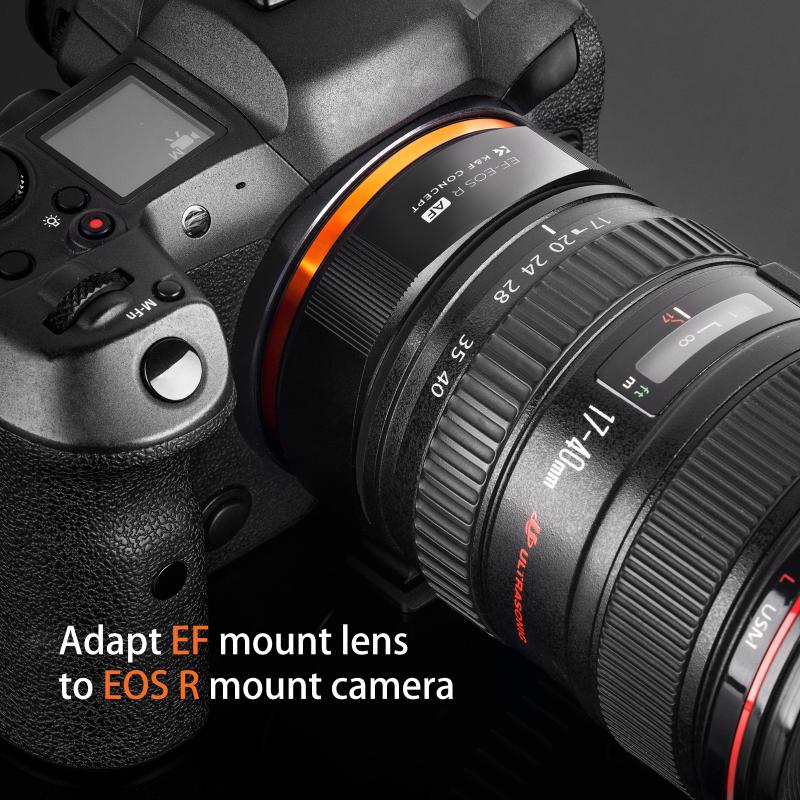
3、 Adapting Canon lenses for use on Sony mirrorless cameras
Yes, Canon lenses can be used on Sony cameras through the use of lens adapters. Sony mirrorless cameras, such as the popular Sony Alpha series, have a shorter flange distance compared to Canon DSLRs. This means that Canon lenses, which are designed for Canon DSLRs, cannot be directly mounted onto Sony cameras without an adapter.
Lens adapters are readily available in the market and allow Canon lenses to be attached to Sony mirrorless cameras. These adapters come in different varieties, such as basic mechanical adapters or more advanced electronic adapters. Basic mechanical adapters simply provide a physical connection between the lens and the camera, allowing manual focus and aperture control. On the other hand, electronic adapters provide additional functionalities like autofocus and aperture control from the camera body.
It is important to note that while adapting Canon lenses for use on Sony cameras is possible, there may be some limitations. Autofocus performance may not be as fast or accurate as when using native Sony lenses, especially with older Canon lenses. Additionally, certain features like lens stabilization may not be fully compatible or functional when using an adapter.
However, it is worth mentioning that the latest lens adapters, such as the ones produced by reputable manufacturers like Metabones or Sigma, have made significant advancements in terms of compatibility and performance. These adapters often provide seamless integration between Canon lenses and Sony cameras, offering reliable autofocus and aperture control.
In conclusion, adapting Canon lenses for use on Sony mirrorless cameras is a viable option for photographers who already own Canon lenses and want to switch to Sony. With the availability of lens adapters, it is now easier than ever to utilize Canon lenses on Sony cameras, providing a wider range of lens options for Sony mirrorless users.
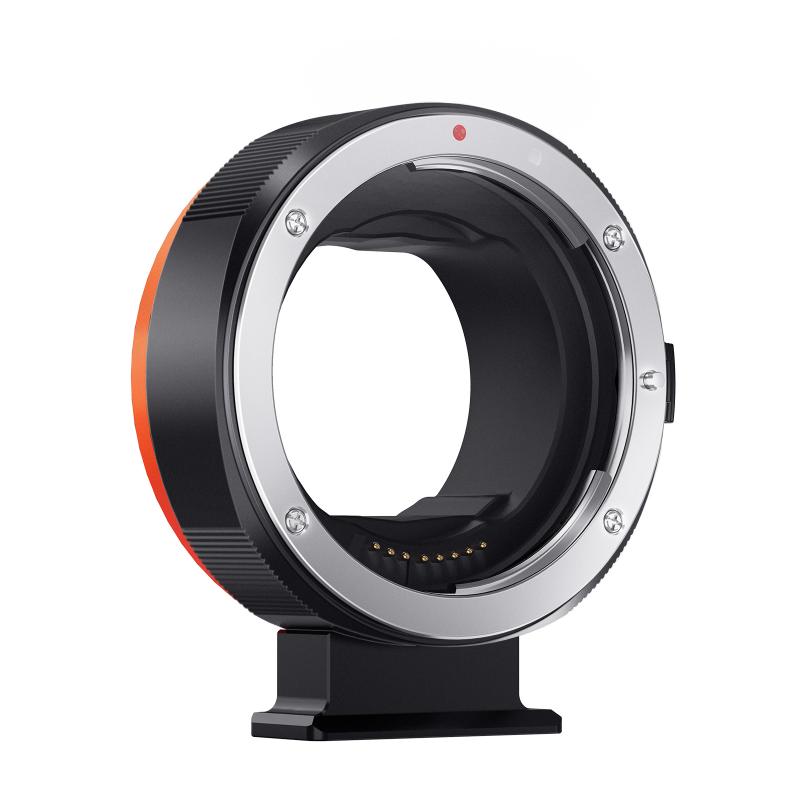
4、 Limitations and considerations when using Canon lenses on Sony cameras
Yes, Canon lenses can be used on Sony cameras with the help of lens adapters. Sony cameras use the E-mount system, while Canon lenses use the EF or EF-S mount. There are several third-party manufacturers that produce lens adapters specifically designed to bridge the gap between these two systems.
However, it is important to note that there are limitations and considerations when using Canon lenses on Sony cameras. Firstly, autofocus performance may be affected. While some lens adapters support autofocus functionality, it may not be as fast or accurate as when using native Sony lenses. Additionally, certain Canon lenses may not be fully compatible with Sony cameras, resulting in limited or no autofocus capabilities.
Another consideration is image stabilization. Sony cameras typically rely on in-body image stabilization (IBIS), whereas Canon lenses often have optical image stabilization (OIS). When using Canon lenses on Sony cameras, the OIS functionality may not be fully utilized, and you may have to rely solely on the camera's IBIS.
Furthermore, some Canon lenses may not fully communicate with Sony cameras, leading to limitations in terms of aperture control and lens data transmission. This can result in manual aperture control and the inability to access certain lens features.
It is worth mentioning that the latest advancements in lens adapters have improved compatibility and performance. Some adapters now offer better autofocus capabilities and improved communication between the lens and camera. However, it is still important to research and choose a high-quality adapter that suits your specific needs and camera model.
In conclusion, while it is possible to use Canon lenses on Sony cameras with the help of lens adapters, there are limitations and considerations to keep in mind. It is recommended to thoroughly research and test the compatibility and performance of specific lens and adapter combinations before making a purchase.
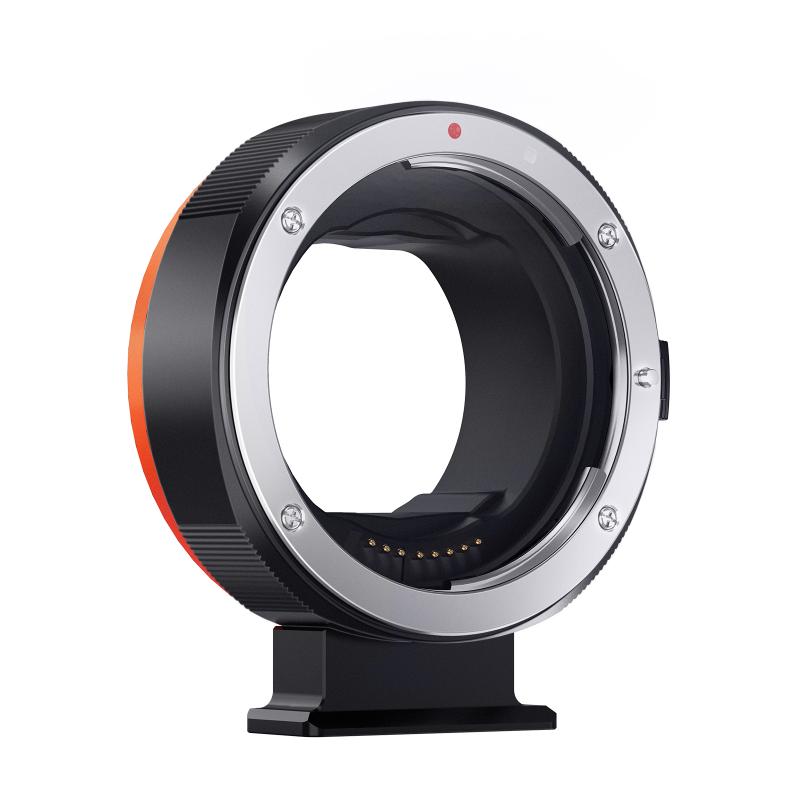




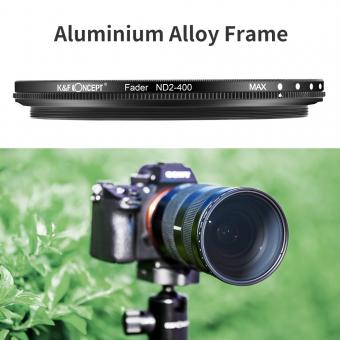

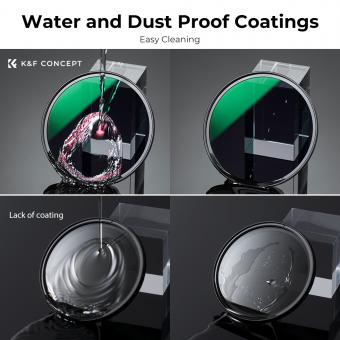

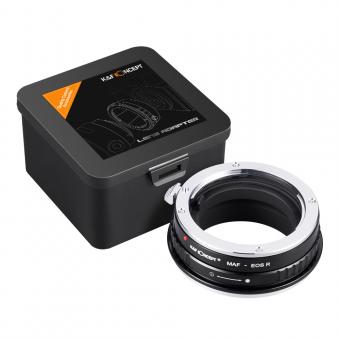


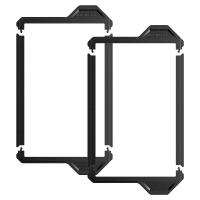
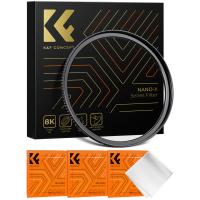
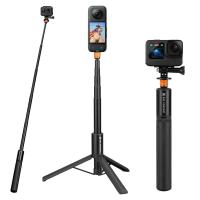
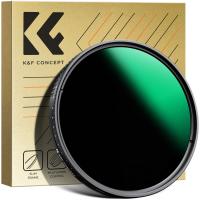
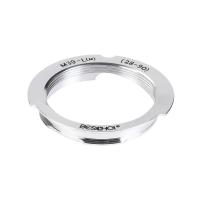

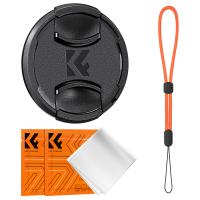
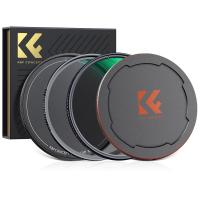
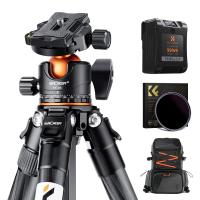
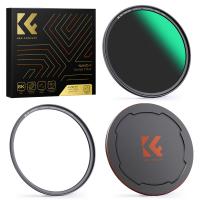
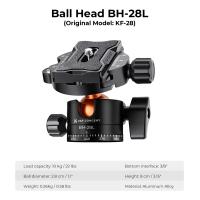
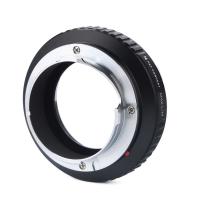
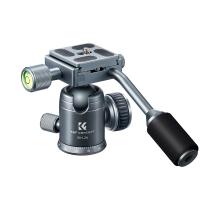
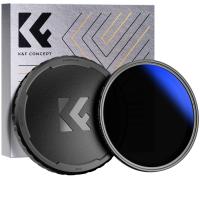
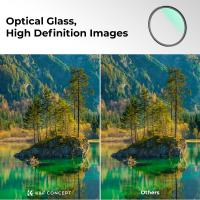
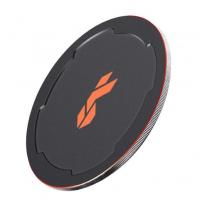
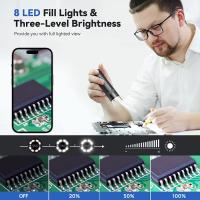
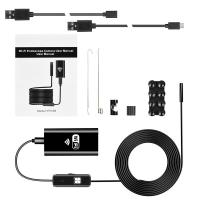
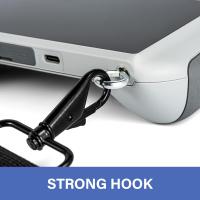
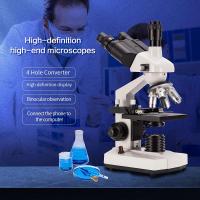
There are no comments for this blog.